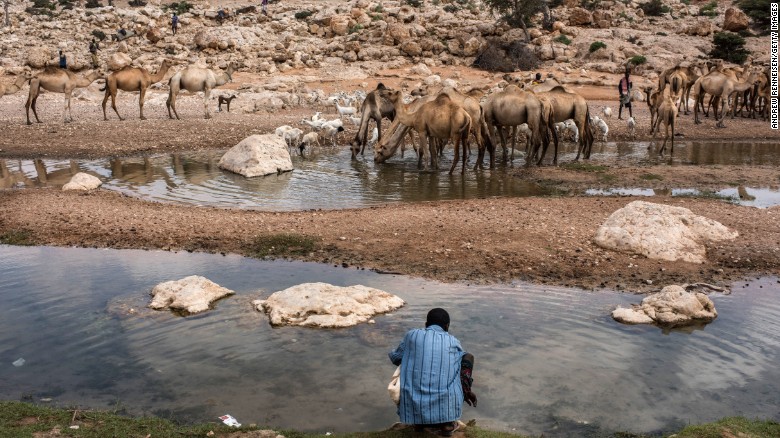By Samantha Netzband
Impunity Watch, Africa Desk Reporter
LAGOS, Nigeria– A fishing community was demolished on March 17th, despite a court order not to do so. Residents of the Nigerian town of Otodo-Gbame are in turmoil after a settlement was destroyed despite a court order that halted eviction of the settlement. 300,000 people are facing eviction across Nigeria in order to pave the way for development projects.
Residents after the demolition of the settlement. (Photo Courtesy of Al Jazeera)
Residents are in shock after the demolition, claiming that they received no notice from the government about the demolition of the settlement. Amnesty International has condemned the forced evictions that are happening in order to clear the settlement. In a statement Amnesty International said residents “are being forcibly evicted and their homes destroyed by bulldozers as security services used tear gas and live bullets to clear the area.” Amnesty International is also calling on the state to provide emergency services to the residents that have been displaced by the demolition. “The Lagos State Government should ensure that the families who have been rendered homeless this morning are given emergency relief including adequate shelter, water, food and any medical care they may require,” Amnesty International Nigerian Researcher Morayo Adebayo said.
30,000 people were already evicted by last November as Nigeria began to make way for development projects. Nigeria’s High Court in January ruled that the demolition of the settlement should be stopped so many residents remained in the area and also decided to rebuild their homes if they had already been demolished. Many human rights advocates are calling for the evictions and demolitions to be stopped. Advocates are saying that the destruction of property without the consent of the residents is a gross human rights violation.
For more information, please see:
Al Jazeera – Police displace thousands in Nigeria’s Otodo-Gbame slum – 17 March 2017
BBC Africa – Lagos Settlement Demolished Despite Court Order – 17 March 2017
Channels Television – Residents Cry Out Over Demolition of Settlement in Lagos – 18 March 2017




